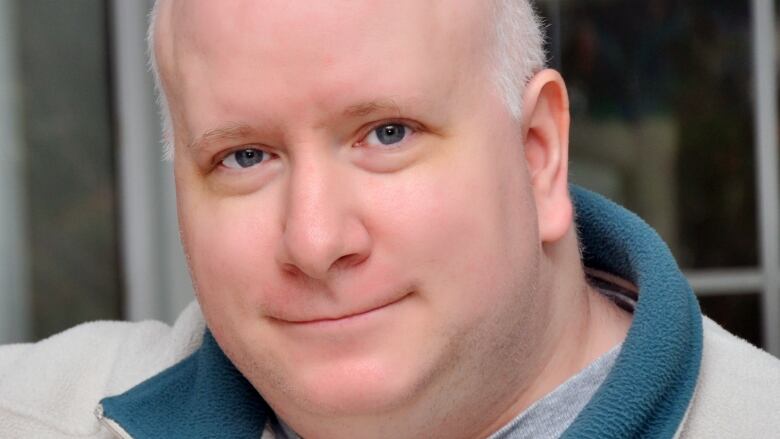B.C.'s completed response to wrongful health ministry firings 'cannot fully remedy the harms': ombudsperson
Province has implemented all 41 recommendations in report on 2012 dismissals of health researchers

Ten years after eight researchers were wrongly fired from B.C.'s Health Ministry, the provincial government has completed all of the recommended measures to address the harm it caused, according to a new ombudsperson report.
B.C. Ombudsperson Jay Chalke released an update Tuesday saying that the province has now followed through on his outstanding recommendations, which mainly involved additional payments to those affected and creating a program to improve the ministry's organizational culture.
"I know that the implementation of the individual recommendations cannot fully remedy the harms caused by the wrongdoing we described in our report. It is my sincere hope that the work undertaken to implement our systemic recommendations means these events will not be repeated," Chalke wrote in the report.
The scandal began in September 2012, when B.C.'s then-minister of health, Margaret MacDiarmid, announced that her ministry had fired a number of workers, alleging a data breach in a drug research program. She claimed the RCMP had been asked to investigate.
One of the researchers, co-op student Roderick MacIsaac, died by suicide three months after he was fired.
Chalke's original 2017 report into the firings showed that key decision-makers had acted in response to a flawed and rushed investigation into what turned out to be erroneous information provided by a whistleblowerand that none of the workers should have been dismissed.
It also showed that the RCMP had not investigated the allegations against the researchers.
In the latest report, Chalke describes his office's work as "the most resource-intensive investigation ever conducted in the now 43-year history of the Ombudsperson of British Columbia."
Some of the other actions that the province has taken in response to Chalke's 41 recommendations include creating a scholarship to honour MacIsaac's memory at the University of Victoria, writing personal apology letters to the fired researchers andpublic interest disclosure legislation establishing a clear process for handling whistleblower complaints.
"I am encouraged that in response to our final update, the former head of the public service committed to applying the lessons learned from this unfortunate chapter in B.C. history to strengthen the ethical culture, integrity and accountability of the public service," Chalke said in a statement.












_(720p).jpg)


 OFFICIAL HD MUSIC VIDEO.jpg)
.jpg)



























































































